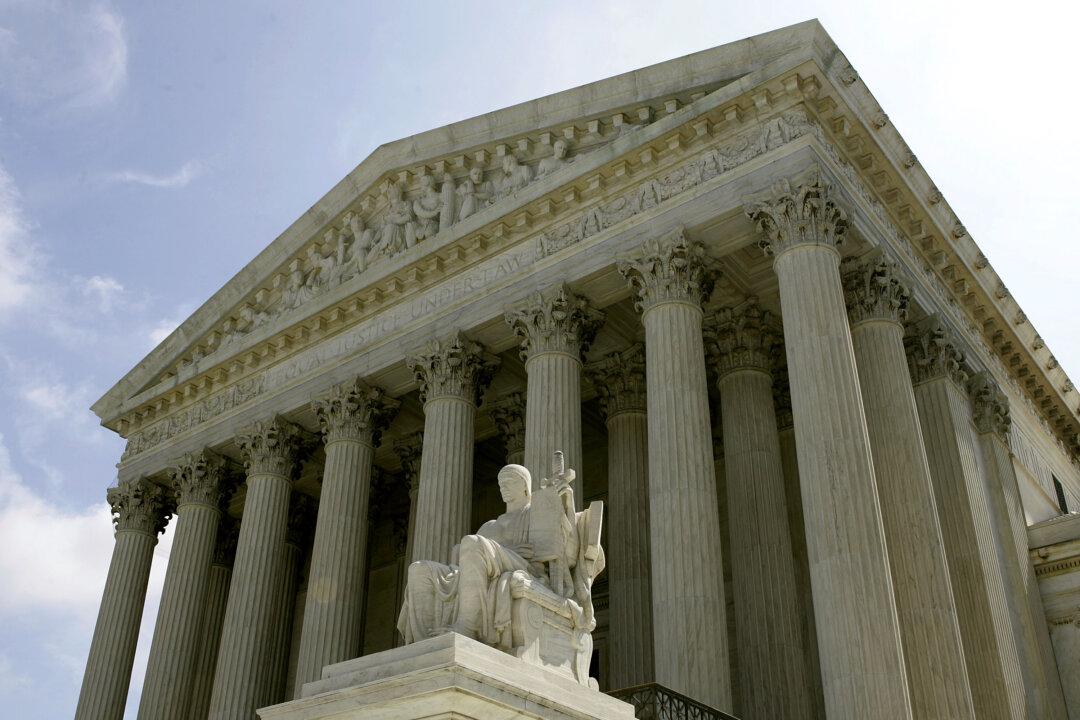The Supreme Court on Jan. 25 vacated two lower court rulings that allowed Texas to temporarily postpone most abortions amid the CCP virus pandemic. But the order does not have any immediate consequences as the state has already lifted its abortion restrictions.
The case was brought by Planned Parenthood Center for Choice who wanted the nation’s top court to review the rulings. They argued (pdf) that although Texas Gov. Greg Abbott had restored abortions in the state, the two Fifth Circuit Court decisions that ruled in favor of the state would still apply as precedents in future cases.




